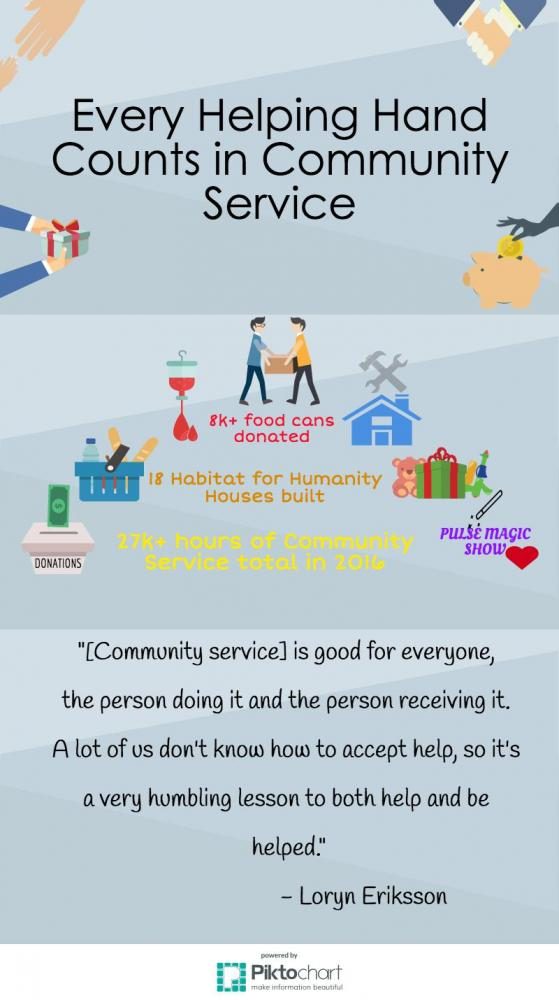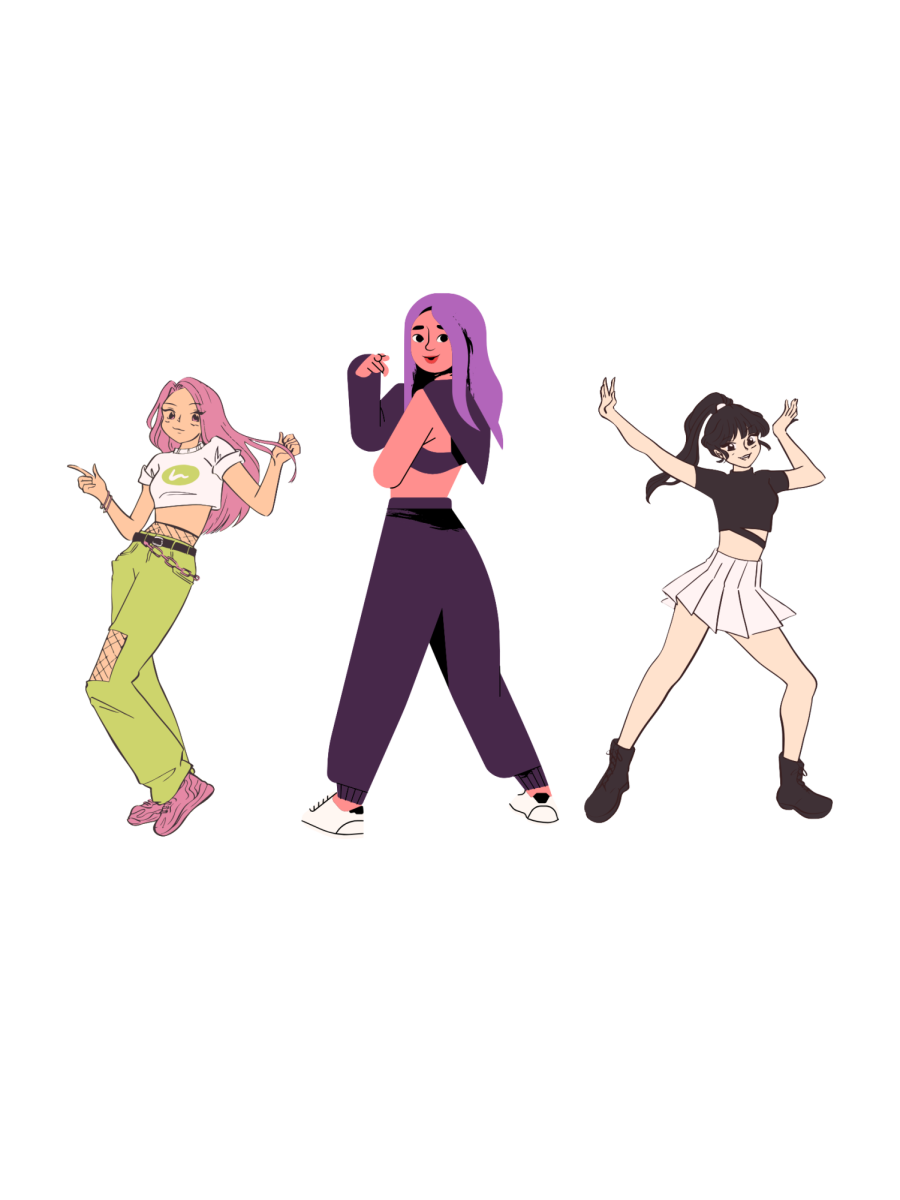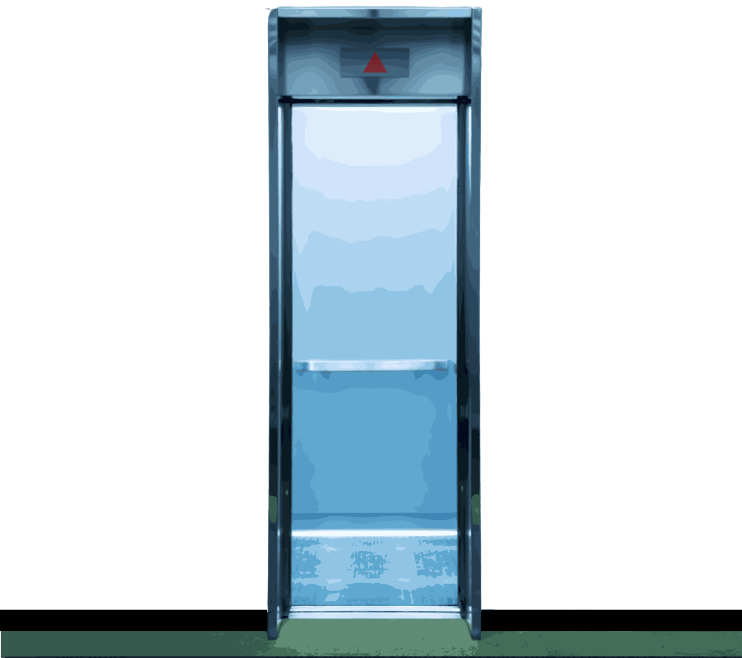Building homes for families and opening up blood drives: these are a few things that community service does for the community. While it helps numerous problems such as the homeless needing food or sick people needing blood, it also is a good way to build social skills, and gain empathy and generosity.
Community service requires you to communicate and work with others that you wouldn’t usually meet at school. The signature community service activity at Trinity is Habitat for Humanity, an organization that builds houses for families who cannot afford them. Everyone contributes to making the house; they do the contract information, the actual building and much more. The students participating in community service not only help families in need, but they also interact with them. Meeting with the people who they help and talking with them also helps students see what it is really like to live in a less sheltered world. In order to help others, the students learn how to talk to people they don’t know.
“…[Social skills] are probably the most important part,” Upper School student and Habitat for Humanity member Zachary Watson said, “It is not only [knowing] how to work with your friends, but [having the ability] to talk to people that you’ve never met before [from] different backgrounds.”
Many people in the world are not as economically fortunate as the students at Trinity Prep. Community service helps open up the eyes of students and teachers and shows them other experiences. Fundraisers, drives and events are all for people who are in need of help. For food drives, the students donated eight thousand food cans to the Second Harvest Food Bank. Community service doesn’t only help the people who are receiving the food donations, but it also benefits students.
“[Community service] helps you get an understanding of the other world,” 8th grader and Builder’s Club member Thomas Lightsey said. “I think that doing a community service project makes you really grateful and helps you understand that you have a pretty good life compared to others in our community.”
In 2016, 27,000 hours of community service were done voluntarily. These hours were used for a lot of diverse ways to help the community, including building Habitat for Humanity houses and helping with fundraisers. Community service isn’t just a way to get some numbers to put on your college resume.
“Community service teaches you empathy because you learn to care about people other than yourself,” English teacher Loryn Eriksson who is also the leader of Builder’s Club said. “…[Community service] helps make students more generous with materialistic items.”
Community service is overall a win-win for everyone involved and participated in it. It is a good thing for the community, the students, the teachers, and the parents and benefit all of these people in many ways.
“[Community service] is good for everyone, it’s good for the person doing it, it’s good for the person receiving it,” Eriksson said, “A lot of us don’t know how to accept help, and so it’s a very humbling lesson to both help and be helped.”













